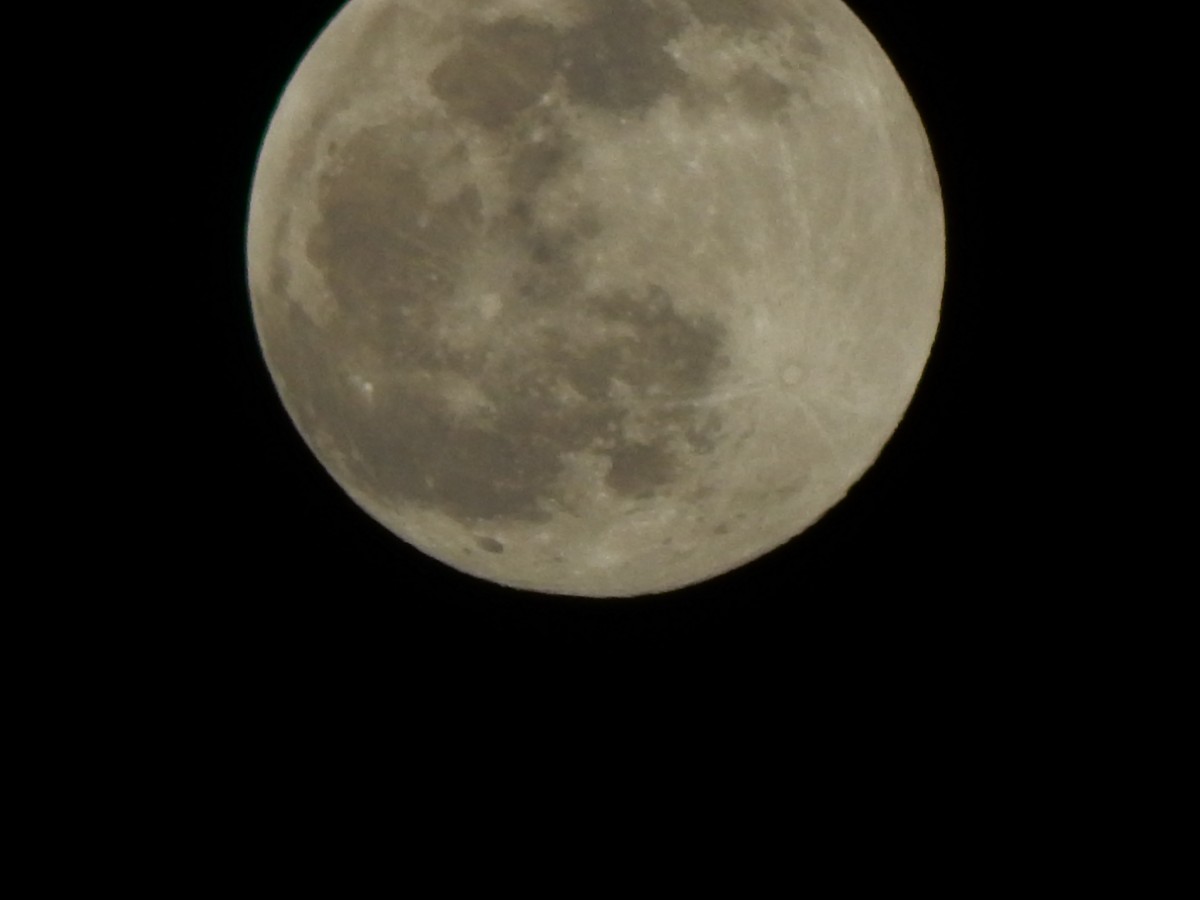
Have you ever teased that “It must be a full moon?”
A couple of weekends ago, this was a common phrase around here. (A few of our residents were a bit agitated.)
Can the Moon make people act strangely? Science doesn’t think so, but could centuries of folklore be wrong?
Doctors, nurses, EMTs, and police officers generally agree that full Moons will bring crazier behavior. Studies have failed to turn up evidence of “the lunar effect,” as some call it. In fact, admissions for psychosis are lowest during the full Moon, and psychiatric emergency room visits decline. Yet 43 percent of healthcare professionals and 81 percent of mental health care specialists believe in the lunar effect.
One explanation might be that people are more likely to notice things that confirm a preexisting belief. So if something weird happens on the full Moon, you say, “Must be a full Moon.”
Where do these ideas and superstitions come from?
Lunatic is an old term referring to a person considered mentally ill, dangerous, foolish, unpredictable, or crazy—conditions once attributed to lunacy. The word is derived from lunaticus meaning “of the moon” or “moonstruck.” The term was once commonly used in law. A synonym for lunacy is dementia. Dementia is a general term for a decline in mental ability severe enough to interfere with daily life. The most common form is Alzheimer’s .
Until at least 1700, it was also a common belief that the Moon influenced fevers, rheumatism, epilepsy and other diseases.
Why is so much of the “lunar effect” attributed to the full Moon? After all, the Moon affects the ocean tides. People use the Moon as an indicator on when to plant gardens and crops. The birth rate of cows increases and, a study done in the United Kingdom between 1997-1999 concluded that animals have an increased inclination to bite a human during a full Moon period.
My personal experience occurred while caring for a loved one. Diagnosed with Alzheimer’s, she exhibited unusual behavior on a daily basis, like “forgetting” she ate when she had just finished a meal. During the full Moon, especially when it was closest to Earth, it seemed as though her medications stopped working.
The full Moon occurs only once every 29.5 days; this means that based on the theory of lunacy, the other 4 weeks of the lunar month should be less dangerous and unpredictable. Therefore, if you notice any unusual behavior, it might just be a full Moon!
By Betty Canavan



INTERESTING…I DEFINITELY AM A LUNATIC…
Why is that?? 🙂